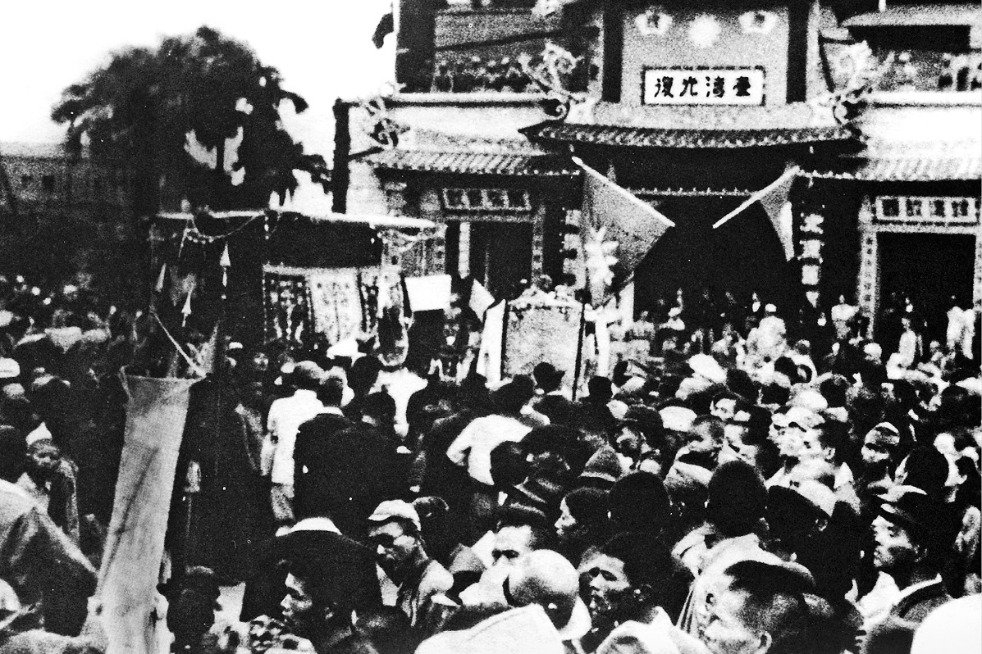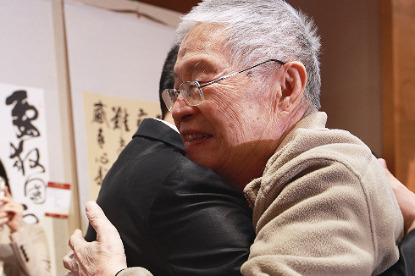New policy fuels rise in fertility treatments

Unable to conceive naturally, Wang, a resident of Changchun in Northeast China's Jilin province, could not opt for fertility treatment due to the hefty cost — sometimes more than 20,000 yuan ($2,786) per cycle. So when she learned that assisted reproductive services had been included in the province's medical insurance program, she hesitated no more.
Wang was reimbursed 10,263 yuan for her treatment session through medical insurance, which was nearly 70 percent of the cost incurred.
Since Jilin province introduced the reimbursement policy in July last year, nearly 5,800 women have benefited, saving over 23 million yuan in total, according to the provincial healthcare security bureau.
Beijing became the first region in the country to include reproductive technologies in its healthcare insurance program in July 2023. Now, all 31 provincial-level regions offer similar facilities.
"Last year alone, these reimbursement policies benefited over 1 million people, helping them achieve their fertility goals," said Liu Juan, deputy director of the National Healthcare Security Administration's benefits and reimbursement department.
Reimbursement ratios and coverage vary by region. For example, Beijing now covers 16 types of fertility treatments with a reimbursement rate of up to 70 percent. In Jiangxi province, secondary hospitals offer 80 to 95 percent coverage, while top-tier hospitals reimburse 60 to 80 percent.
"Some provinces have also included labor pain relief in insurance programs, easing both financial and physical burdens for pregnant women," Liu said during a recent press conference.
"We have also accelerated the process of formulating pricing guidelines for services such as neonatal care and family-accompanied childbirth to help improve pediatric and obstetric services," she said.
China is keen to encourage births and build a fertility support system as the nation has gradually moved from a phase of population growth to a phase of decline, authorities said.
He Dan, director of the China Population and Development Research Center, cited data from the World Health Organization, which said the optimal childbearing age range is 20 to 34 for women and 25 to 34 for men.
Data shows that in 2020, Chinese people's average age for first marriage stood at 28.7 years, while the average age for first-time mothers was 29.7.
About 1 million women of reproductive age lose fertility annually due to cancer treatments. The national infertility rate has also climbed from 12 percent in 2007 to 18 percent in 2020, He said in a signed article.
She said that mainstream fertility preservation technologies include egg freezing, in vitro fertilization, embryo cryopreservation for women and sperm freezing for men.
"It is crucial to advance reproductive health research and clinical applications while expanding insurance coverage for safe, reliable and affordable assisted reproductive services," she added.
In Jiangxi province, which began reimbursing fertility treatments in June last year, public insurance covered at least 60 percent of costs as of April, benefiting nearly 88,000 people.
Tian Lifeng, a reproductive health expert at the Jiangxi Maternal and Child Health Hospital, noted a marked increase in the number of infertile couples and women who get married at a relatively advanced age seeking consultations through online and offline channels.
Since the policy's implementation, the number of monthly outpatient visits has increased by 15 to 20 percent, Tian said.
wangxiaoyu@chinadaily.com.cn
- Portuguese-speaking media visit Mixue headquarters in Zhengzhou
- Duo fined for damaging grassland at Xinjiang landmark
- Chinese biotech firms unveil advanced human-centric genomic model
- China delivers 1st dual-fuel luxury Ro-Ro vessel GNV·VIRGO
- Nyingchi's breathtaking autumn charm
- Shijiazhuang's China-Europe freight trains surpass last year's total by October





































